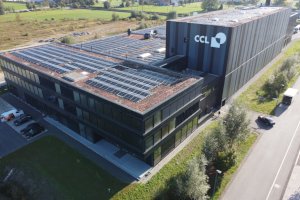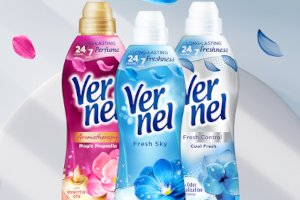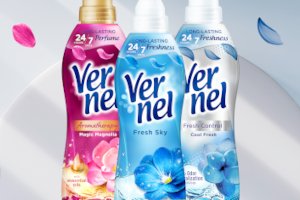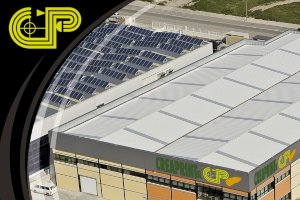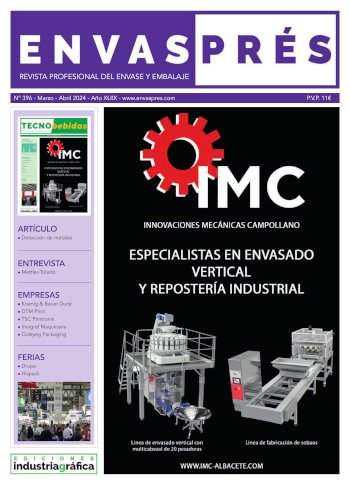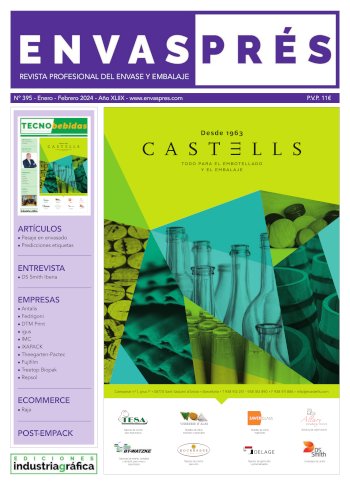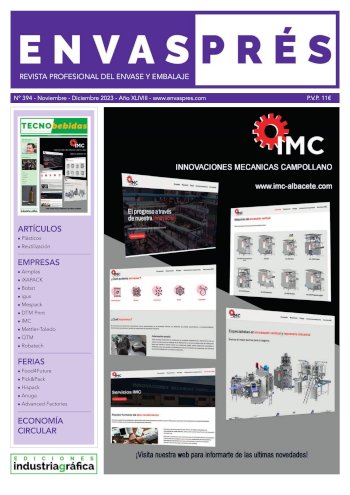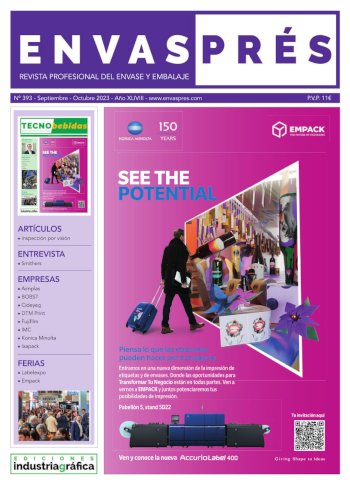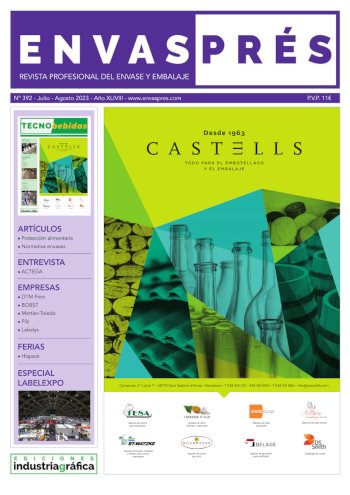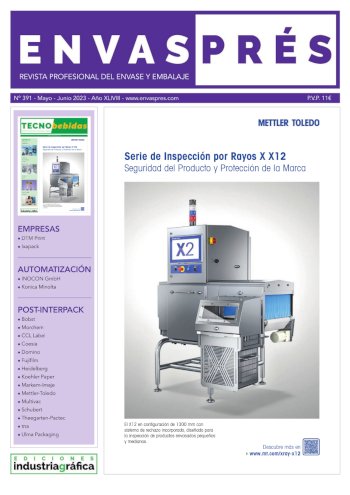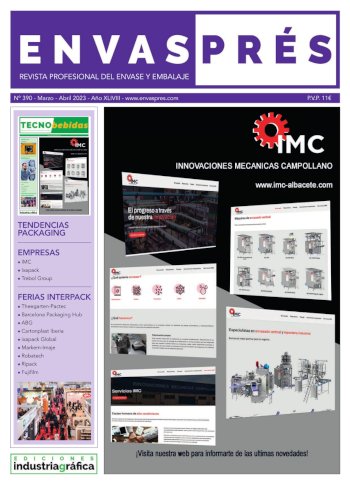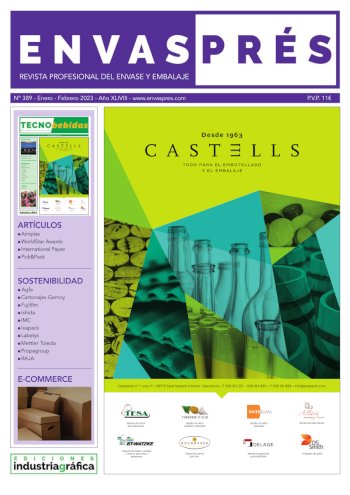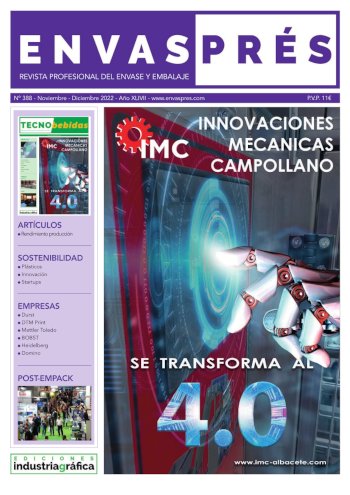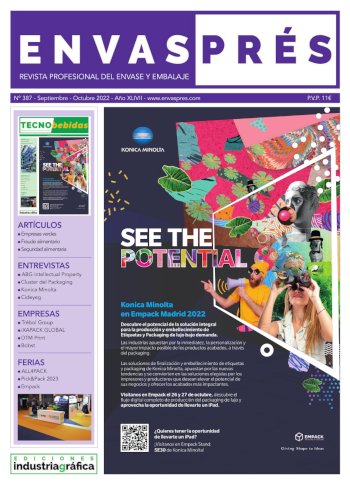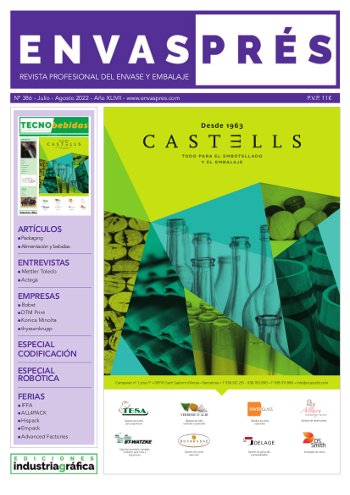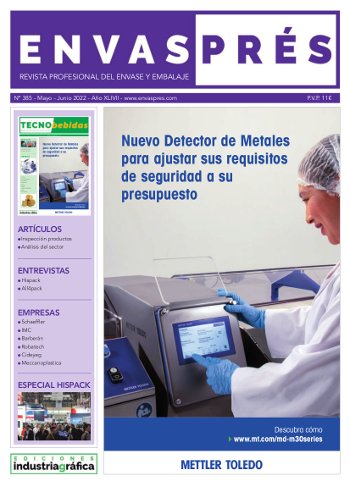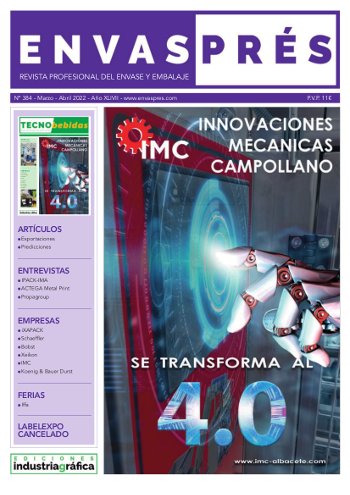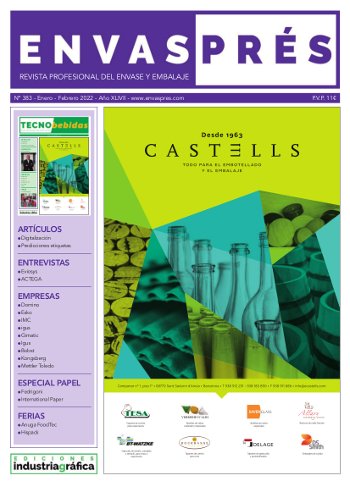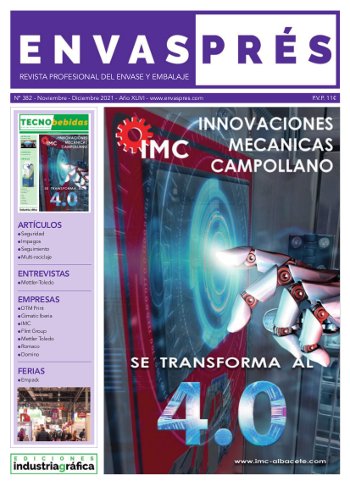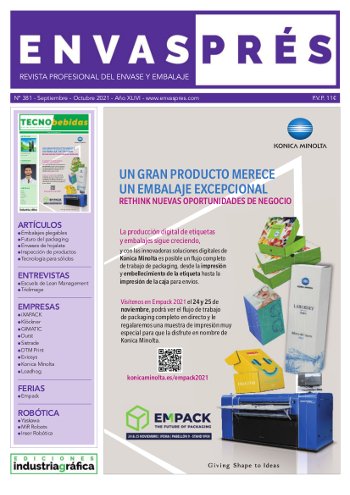CCL Launches EcoFloat WHITE Shrink Sleeves for Light Sensitive Products
- Publicado el 07 de Marzo de 2024
CCL Label, a global leader in specialty label, security and packaging solutions, has introduced a new version of its proven EcoFloat low-density polyolefin sleeve material: EcoFloat® WHITE. "EcoFloat WHITE will enable greater recyclability for dairy packaging and other products that are light sensitive - we expect it to be a game changer.
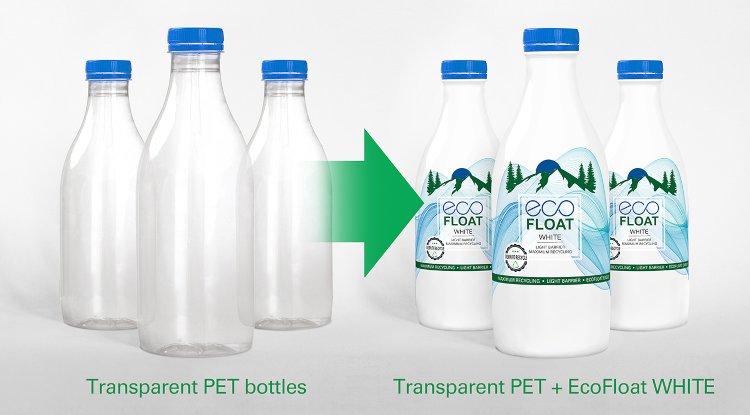
The dairy industry often uses bottles made from opaque materials like HDPE for bottles containing yoghurt and probiotic drinks or similar products. However, these white bottles are rarely recycled back into food grade applications for a number of reasons, including strict food contact regulations - so the bottles leave the packaging loop," says Guenther Birkner, member of the management team at CCL.
"We have seen a big trend in the Food and Beverage but also Home and Personal care industries to move packaging into transparent PET, which has an established food grade recycling stream. It is our goal to support this with a functional product decoration.”
"Legislation such as the European Green Deal and the Packaging and Packaging Waste Regulation will drive 'design for recycling' or eco-design in the coming years. Every brand has to come up with packaging that is actually recyclable and more important - recycled," explains Marika Knorr, Head of Sustainability and Communication at CCL Label.
By using transparent PET bottles with a white sleeve, companies achieve two benefits at the same time. The entire bottle is fully recyclable, while still achieving the same look and feel that marketing is looking for - to maximize the messages and mandatory information given to consumers on the bottle. Millions of additional PET bottles are recycled and turned into a new one - giving the packaging many "extra lives".
A key requirement for dairy products is light blocking properties to keep the product fresh and maximize shelf life. In the past, this light-blocking barrier was often achieved with a layer of black or silver ink, which is essential for protecting the products but could also be detrimental to sorting and recycling, as the standard near-infrared detection (NIR) system commonly used could have difficulty detecting the underlying material.
"Since 80 percent of recycling is actually sorting, we had to make sure that our solution was detectable by the standard technology used in the recycling industry today," says Norbert Fenkart, who heads the research and development (R&D) department at CCL's sustainable sleeve label center in Dornbirn, Austria. "We can use carbon-free inks to create additional lightblocking properties on the sleeve. These work well in NIR detection as we have seen in tests. The underlying rigid PET bottle is detected and the bottle is sorted into the correct waste stream."
The sleeve also helps with the crucial sink/float process step in PET recycling because it is made from a low-density polyolefin material that floats. It automatically separates from the PET bottle flakes and the density separation is very simple and clean: the heavier PET flakes sink to the bottom of the container, while the floatable material collects at the top of the container and can be easily captured and removed. The recycler is left with high quality, clean PET flakes that can be recycled back into food grade packaging for the dairy and other industries.
The transparent EcoFloat® sleeve material has been commercialised for over two years and has been adopted by many international brands to increase the recycling of their packaging containers.


